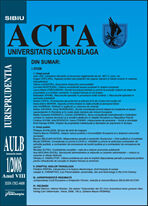


Keywords: Appreciative intervention; supervision the juvenile delinquents; 4-D cycle; appreciative inquiry; case study;
This paper explores the possibilities and potential of appreciative intervention for supervision the juvenile delinquents in the community. Based on the 4-D cycle, the experiment made by author provides the arguments for appreciative intervention beginning with the appreciative interview.
More...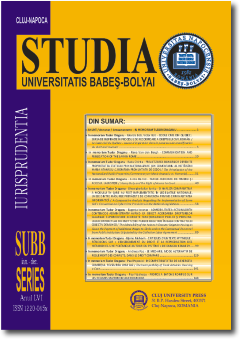
Keywords: parental authority; parents; child; divorce; presumption; Romanian Civil Code.
The parental authority. In this study, the authors have examined the provivions of the Romanian Civil Code (articles 483-507) concerning the parental authority. The Romanian legislator preferred this notion to the injury of the one of protecting the minor by means of the parents (parental protection) previously stipulated by the stipulations of the Family Code. The Romanian legislator defines the parental authority notion in art. 483 paragraph (1) of the Civil Code as the ensemble of rights and obligations regarding both the child’s person and goods and equally belonging to both of the parents.
More...Keywords: the new Romanian Civil Code; marriage; legal marriage age (rule; exceptions).
This article aims to present the main aspects of the legal marriage age, as governed by the new Romanian Civil Code. After a brief introductory part, the legal provisions regulating marriage at the age of majority are examined. Further, the provisions of the Civil Code regulating marriage before the age of majority are examined, and the conditions under which the minor may enter into marriage are debated: the child reaches the age of 16, there are good reasons, the existence of a medical certificate, the existence of consents required by law, respectively the parents’ consent or the consent of one of their parents or if appropriate, of the guardian and in their absence, of the person or authority which was entitled to exercise the parental rights and the guardianship court authorization. In the final part the conclusions drawn from this study are highlighted.
More...Keywords: tort liability; responsibility for juvenile crime; substantiation; regulation under the new Romanian Civil Code.
“Cohabitation” of the minor with his parents is seen nowadays, in doctrine and jurisprudence, as a prerequisite for tort liability commitment against repairing damages caused. The new Civil Code failed to keep the provisions relating to “common dwelling”. In the study hereby the author suggests to approach this issue in terms of objective substantiation of civil liability, finding that tutelage of the minor child stands actually for his “guardianship”. On these lines, it is considered that, in terms of liability commitment, guardianship of the minor is a ruling and necessary requirement aimed to ensure compensation for damage caused by minors. In the final part, there are some suggestions de lege ferenda put forth in relation to provisions of par. (1) and (3) of Art. 1372 in the new Civil Code.
More...Keywords: social assistance; child protection; minor; child; marriage; authorization; age waiver; exercise capacity; medical advice.
In this study, the authors emphasize some aspects of administrative practice on marriage before attaining the legal minimum marriage age provided by law. These comments relate in particular: lack of consistency in preparing related applications relating to request age waiver; superficiality shown on preparing, presentation, or acceptance of reasons for the foundation of this marriage; the proceeding and the method when this marriage is accepted by the parents, tutor or other person or authority/ institution empowered to exercise parental rights. These critical remarks are correlated and reasoned with the legal provisions, offering their views on the administrative practice.
More...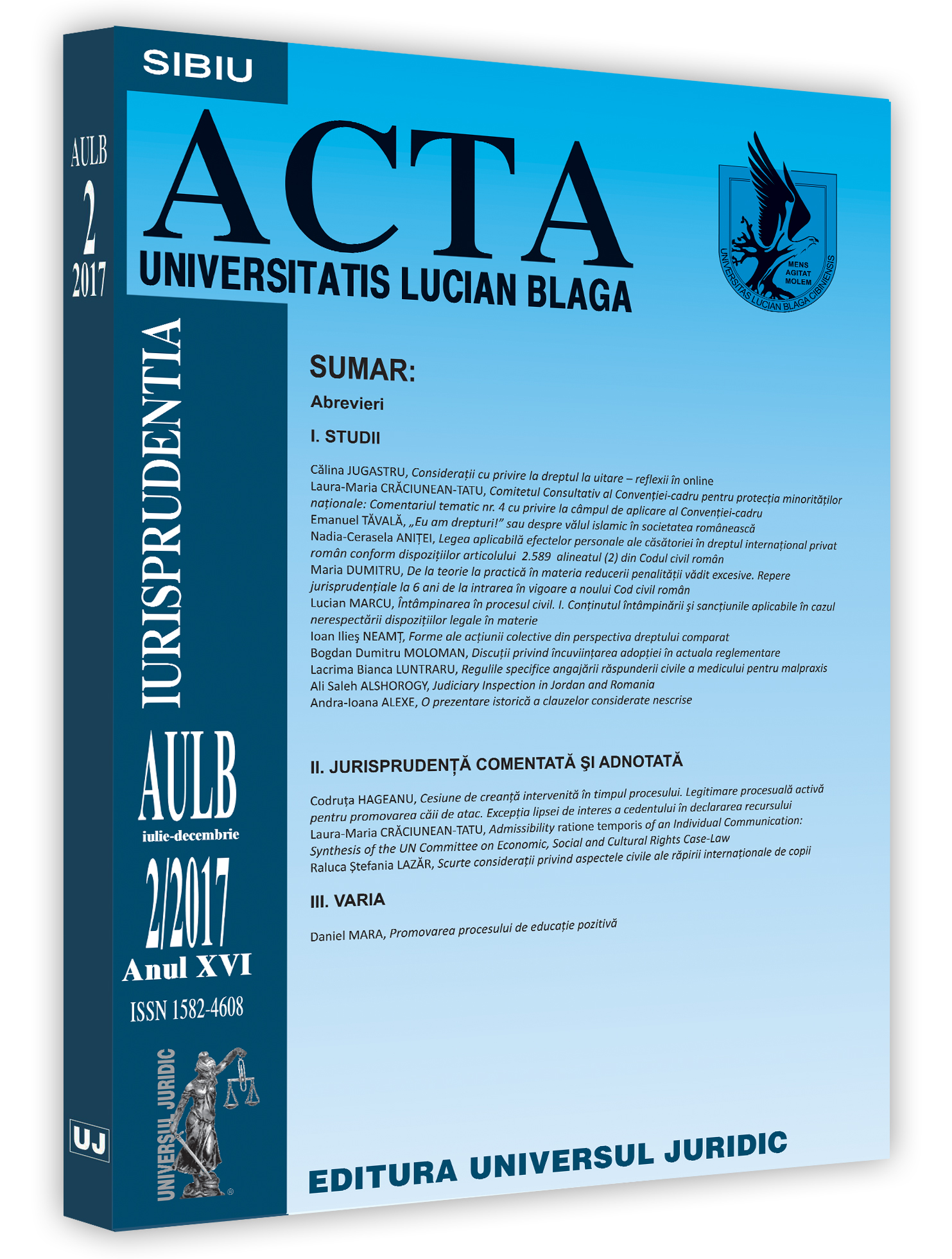
Keywords: Civil Code Law no 273/2004 regarding the adoption procedure; minor; adopter; adoptee; consent; the adoption procedure; filiation; guardianship court; guardianship; means for the protection of minors
The adoption is a measure of child rights protection and is made only to protect the interests of the child. In Romania, the legal status of adoption is regulated by the Law no. 273/2004, republished in the Romanian Official Monitor, Part I, nr. 739, from 23 September 2016 and the Law no. 287/2009 on the Civil Code.This present paper analyses in detail the provisions of Articles 55-59 (the approval of adoption) of Law no. 273/2004 regarding the adoption procedure with reference to the new Civil Code (Law no. 287/2009, republished) and new Civil Procedure Code (Law no. 134/2010, republished).
More...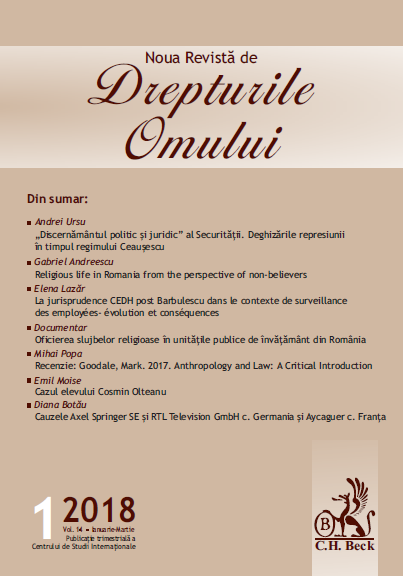
Keywords: concediu de maternitate; indemnizaţie de maternitate; indemnizaţie pentru creşterea copilului;
Concediul de maternitate şi indemnizaţia de maternitate
More...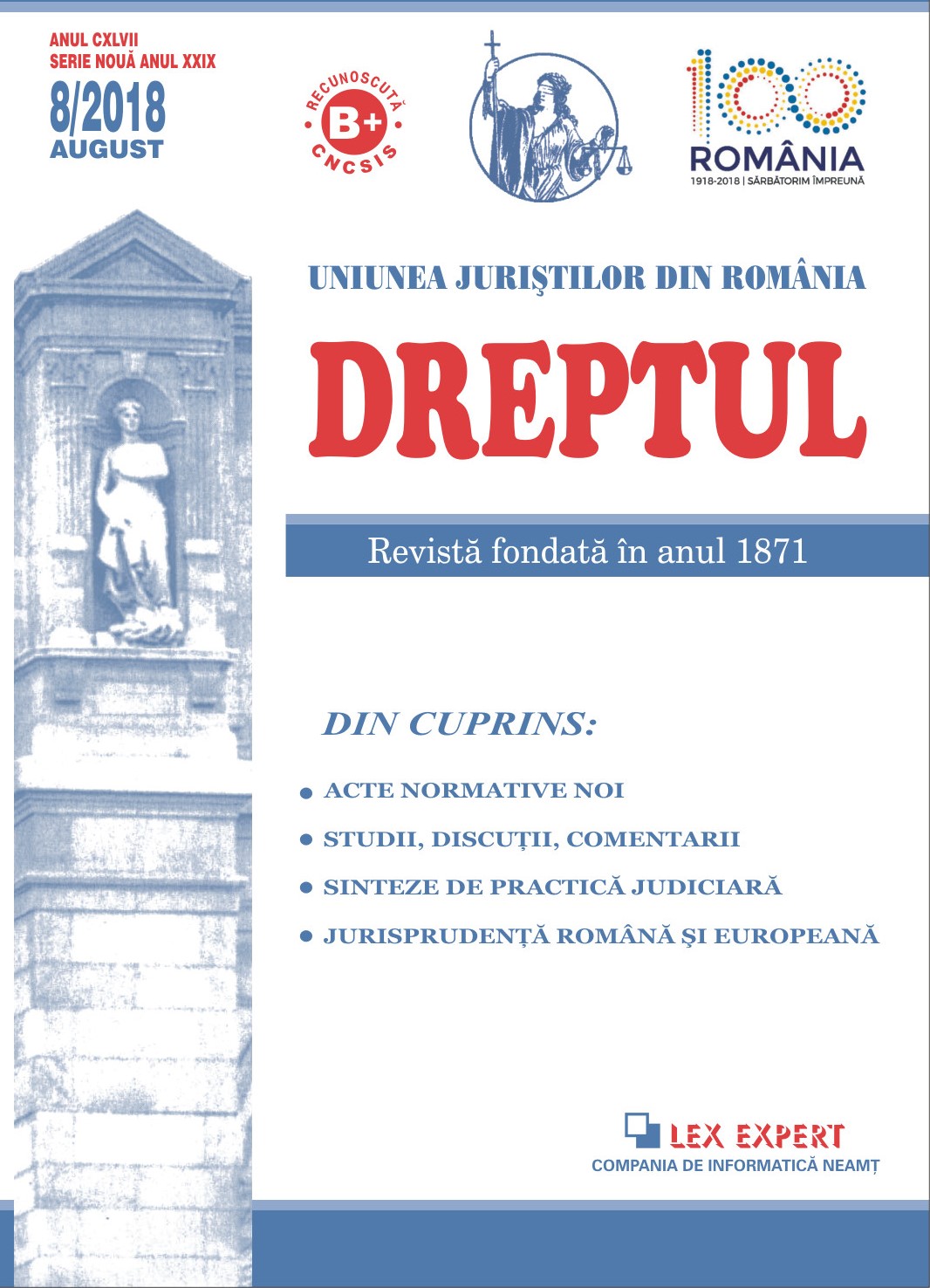
Keywords: minor child; non-compliance with court judgments; parental authority; retention;prevention;
The way of exercising the parental rights and duties suffered after theadoption in 2009 of the Civil Code significant amendments as compared to theprevious regulation. At the time of elaboration of the current Criminal Code,especially of the Chapter reserved to the family offences, this aspect has not beentaken into account, so currently it is established the lack of synchronicity betweenthe two regulations.The current regulation of the offence of non-compliance with the measuresregarding minors, provided by Article 379 of the Criminal Code, refers to familyrelations that do not cover the new socio-economic realities, in which it is witnessedthe labour migration from Romania to other states, in many cases doubled by thedissolution of some families. Similarly, the situations in which the children are leftin the care of other persons or where the distance between the child and one or bothparents is beyond the borders of a state become increasingly frequent.
More...Keywords: Criminal law; Criminal Code; legal conditions; minors; criminal liable; lack of discernment; criminal acts; under 14 years old; legal authorities;
The person committing acts under criminal law must be held liable if he meets the legal conditions. One of these is the age he must have at the time of the crime. The Criminal Code stipulates that minors are criminally liable from 14 years old, before that there is an absolute presumption of lack of discernment. But what if the person committing criminal acts is under 14 years old? How can the legal authorities intervene in such situations?
More...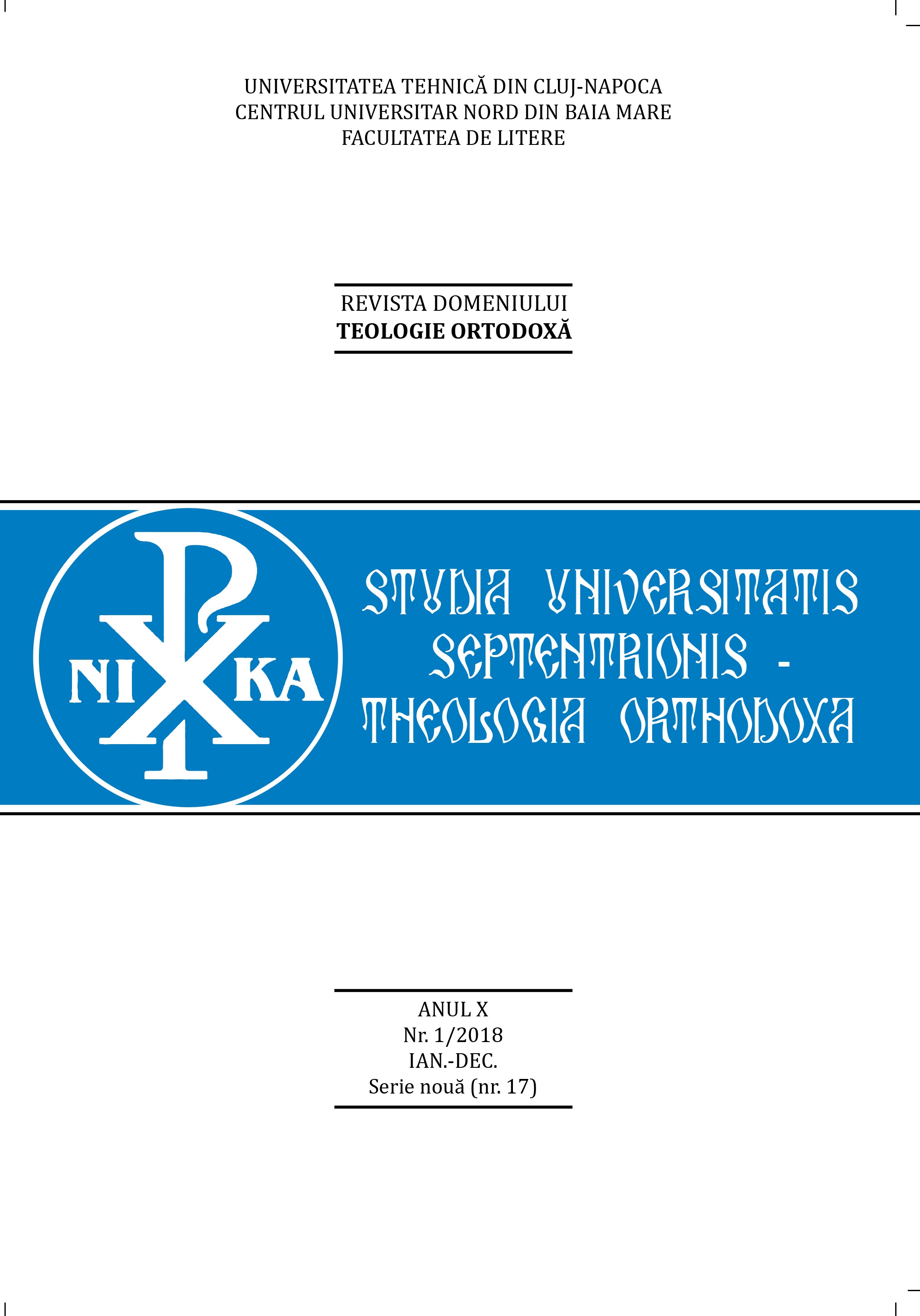
Keywords: social services; supervision; administration; quality; social Environment;
The aim of the proposed study is to realize a comparative analysis between social services in rural and urban areas regarding the implementation of professional supervision.The objectives of the study are to analyze the implementation of supervision in social services that has been realized from the perspective of the following aspects: ways to achieve the supervision; who is the supervisor; supervising functions; frequency of supervisory meetings; the supervisory methods used; the extent to which supervision is found in the regulations governing the organization and functioning of the institutions, in job descriptions, activity reports.The research group consisted of 116 social workers, 40 of whom were active in social services in the rural area and 76 in urban services, all of them in the area of Maramureş County. To carry out this study, an analysis questionnaire was used with a total of 16 questions on the objectives. The satisfactory analysis was performed using the SPSS-variant 11 program, with cross-sectional analyzes (to obtain the Chi-Square coefficient).The results give us an overview of the various aspects of supervision in social work practice. Proposals accompanying these analyzes may also make possible future action paths on the line of supervision to improve the quality of social services provided
More...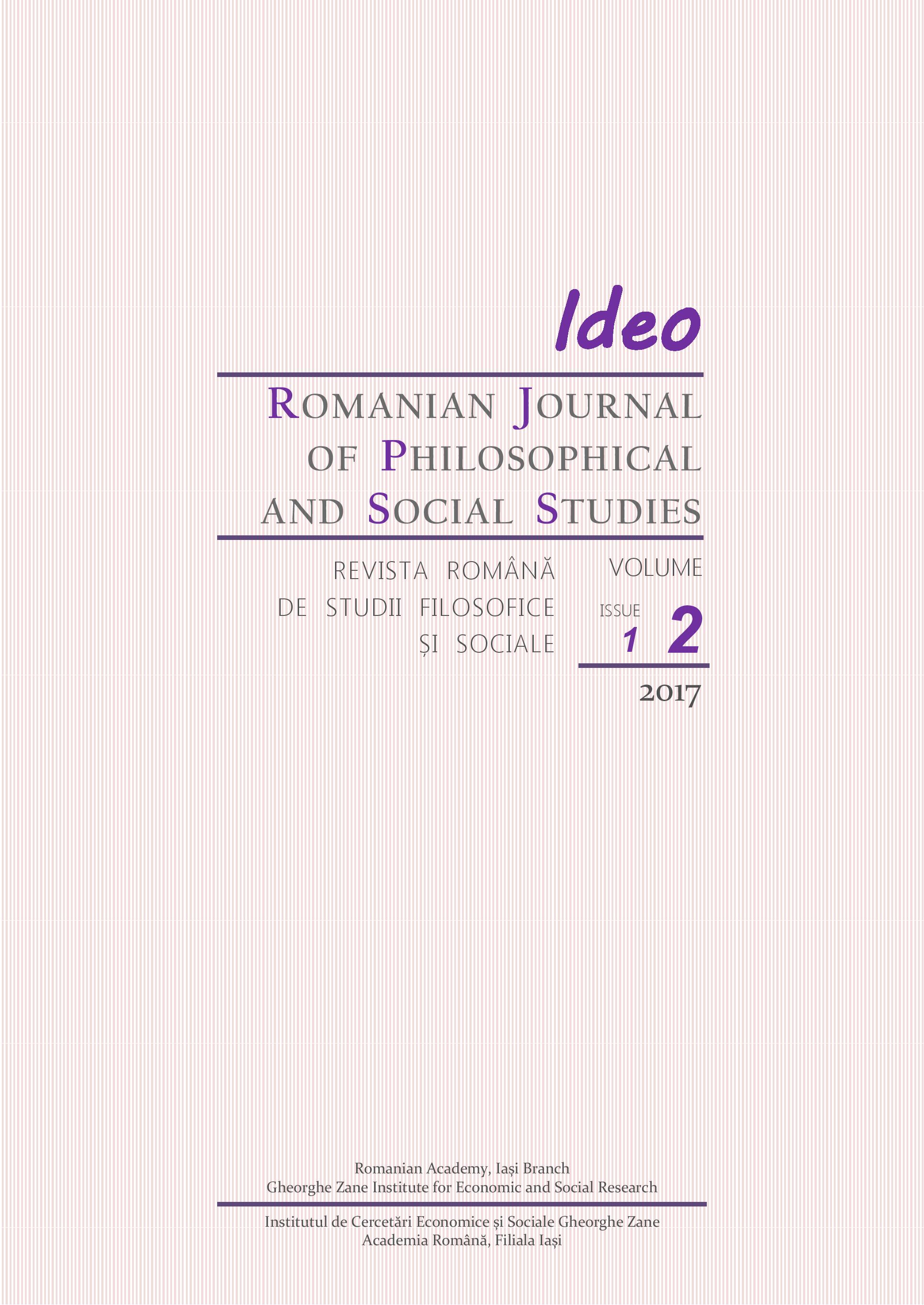
Keywords: minor; best interests of the child; domicile; legal domicile; voluntary domicile; legal domicile; professional domicile; alternate residence; parental authority;
Obviously, the parable in the Little Prince, of the elephant swallowed by the snake, was not a contingent chosen for the study we proposed regarding the notion of alternate dwelling of the minor, a notion that, although embraced, adopted by Romanian jurists, surprised even at times of judicial practice, it does not find, at least for now, in the absence of structural changes of the normative acts in force, the legal regulation. Certainly solutions must be found to respect the most important interest of all – the best interest of the child –, since any measure regarding the child and regardless of its author – such as that concerning the establishment of the home – must be taken in the consideration of this primordial principle. The domicile is analyzed, in the present study, from the perspective of its legal nature, from the perspective of its effects in relation to the minors, and then the alternate residence of the child, from the perspective of the comparative law, the jurisprudence and the regulations of the national law.
More...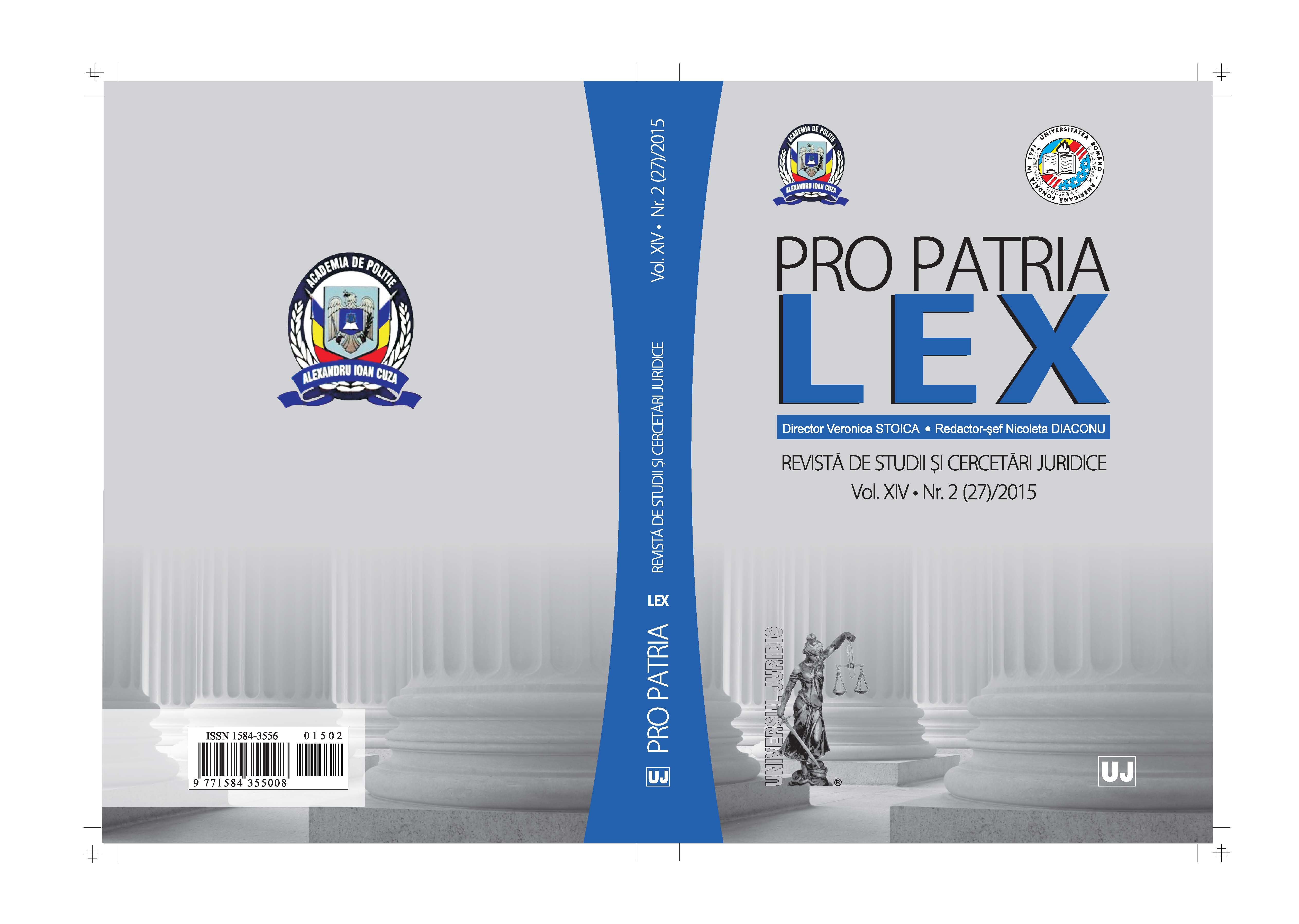
Keywords: parental authority; family; parents; children; the child's best interest; divorce; child custody;
Desiring to ensure better living conditions for children or family or parents or children are displaced from their habitat voluntarily. Thus, growth, education and maintenance of minor children family moves from the state. The family is affected by amputation relations between family members, through their breakup. Migration favored freedom of movement within the European Union resulted in profound changes in the family matrix. Consequently, migration of separated parents not only children but also among themselves wives who were thus prevented care of each other and in a short time to reach divorce. Separation of the parents of children or spouse, the phenomenon of migration generates true family drama. In these circumstances, the organization of future protection of minors has become a necessity that requires relevant legislative measures.
More...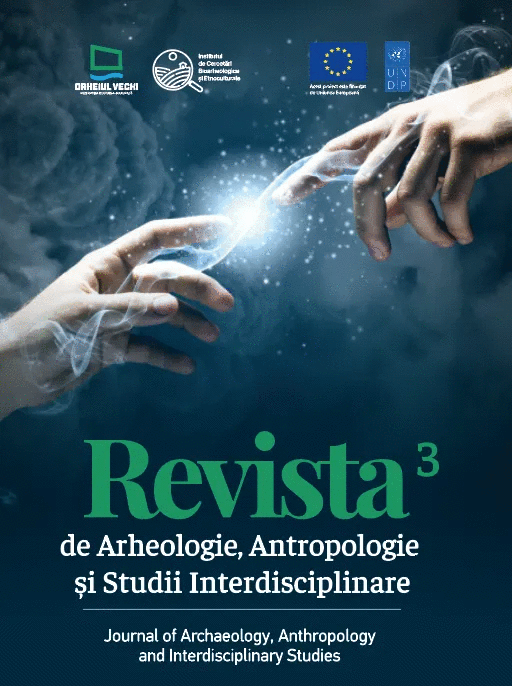
Keywords: dactyloscopy; ceramic fragments; microscopy; Cucuteni culture;
Even if forensics and archaeology are separate sciences, they have in common a methodology for searching and discovering the traces, as a result of human activities carried out in the past. An archaeological fingerprint on a single object can reveal four aspects: it provides a sign of an individual’s identity; it indicates when the individual was alive; it indicates the geographical area in which the individual lived; it indicates the action performed by a person, such as writing a text, sealing an object, having a specific job etc. The collection, storage and comparative use of data, preferably from the entire area of the Cucuteni culture, could reveal more details about the man behind the artefact. As for fingerprints that can be corroborated with other historical sources, they can provide information about the role, occupation, or authority of individuals within society, or they can provide information about the duration of individual activities. Regarding the information potential that we aim to obtain from this study, as well as from future ones, it is related to the possibility to demonstrate the existence of craft centres. Regarding the ceramic production within the Cucuteni culture, the existence of craftsmen was presumed due to the exceptional quality of the vessels, as well as some repetitive patterns of shape and decoration. Specifically, the same shapes, sizes and decorations are found in the same cultural phase. The same quality of clay processing and burning is observed in several settlements, along with the existence of special kilns for pottery, which led to the conclusion that there must have been a specialization of some people who were initiated in the art of pottery.
More...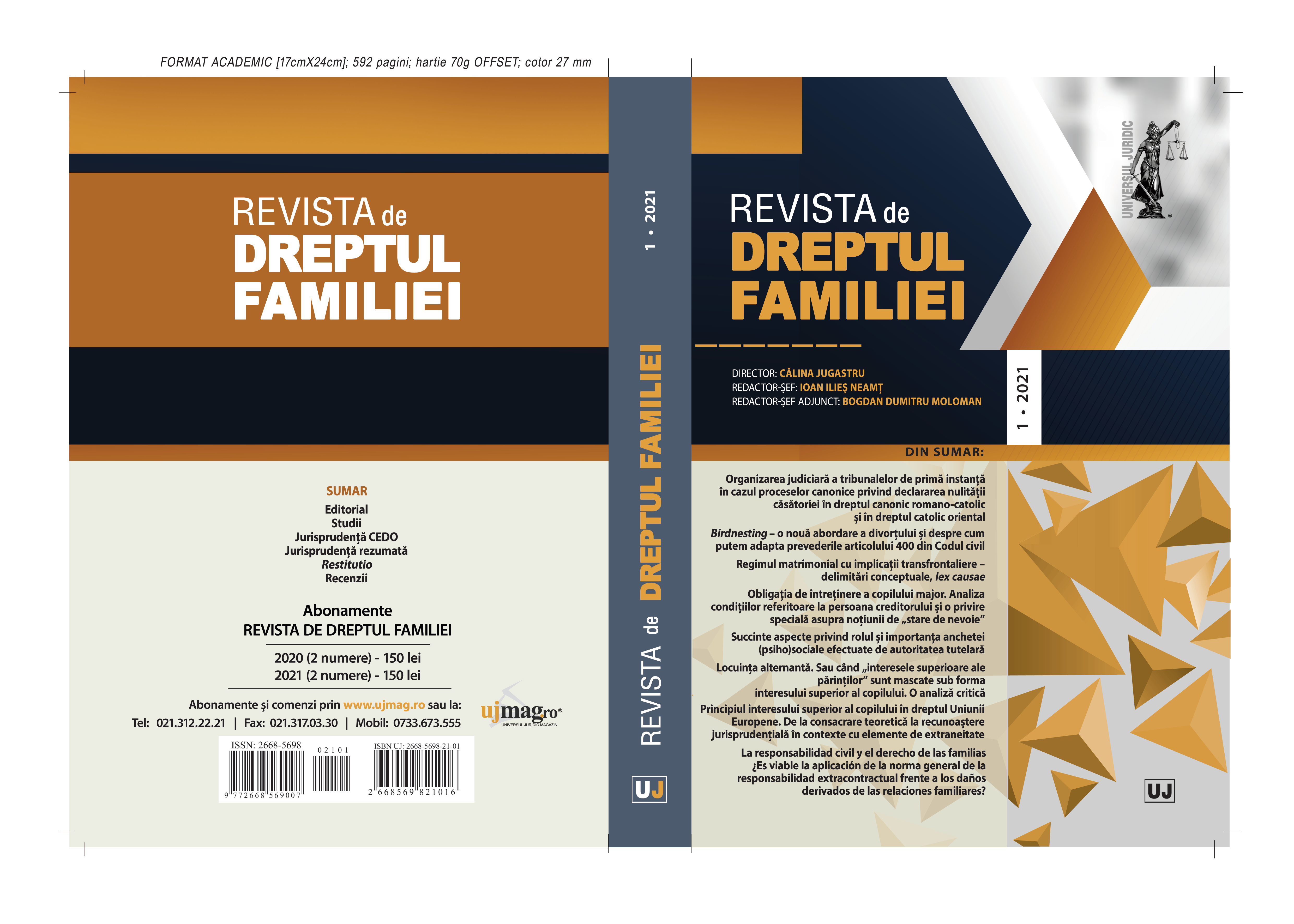
Keywords: child; the principle of the best interests of the child; European citizenship; right of residence; host Member State; Charter of Fundamental Rights of the European Union; Zambrano Case;
With the entry into force of the United Nations Convention on the Rights of the Child, the universal principle of the best interests of the child has been repeatedly invoked with small variations in expression, in various legal, social and cultural contexts and also in international, European and national jurisprudence. In this study, we aim to identify, on the one hand, the international and European legal sources on which the principle of the best interests of the child is grafted, and, on the other hand, the difficulties faced by the European Union and the national courts in transposing this concept in legal reasoning, in particular when the host Member State has interfered in the minor’s family relationship with his or her parents by denying them the right to remain within the European territory. We will therefore draw attention to national case law contexts which have raised issues related to the application of the European law, in particular the provisions on the free movement of European citizens and their family members, noting that the preservation of the principle has forced the Luxembourg court to move away from the formalist interpretation of European Union law and to create exceptions to rules which, at first sight, did not allow any.
More...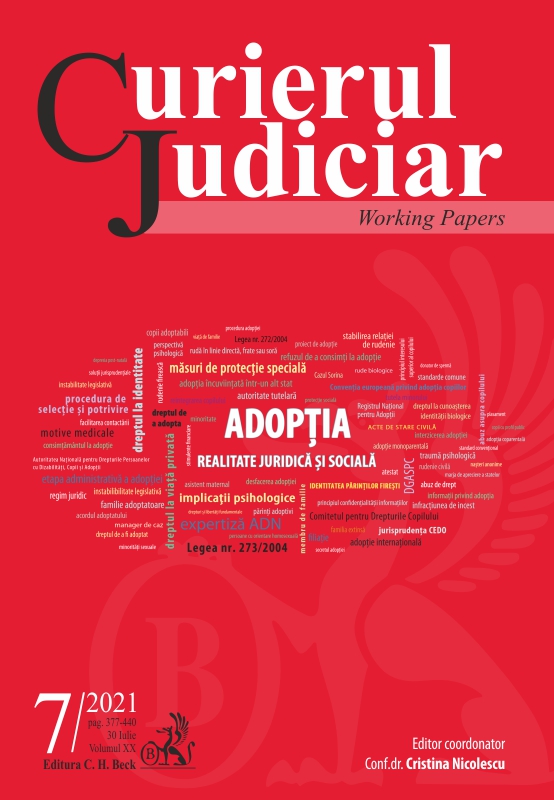
Keywords: internal adoption; consent to adoption; natural parents' right to consent to adoption; best interests of the child; approval of adoption;
What are the reasons why natural parents refuse to consent to adoption? How legitimate is the intervention of the court that can consider that this refusal is abusive? Does the answer to these questions always prove to be in the best interests of the child? Adoption is a lifelong process, a way to create or expand a family, and the court's adoption decisions are the foundation of a new life for all involved: adopted children, adoptive families and biological parents.
More...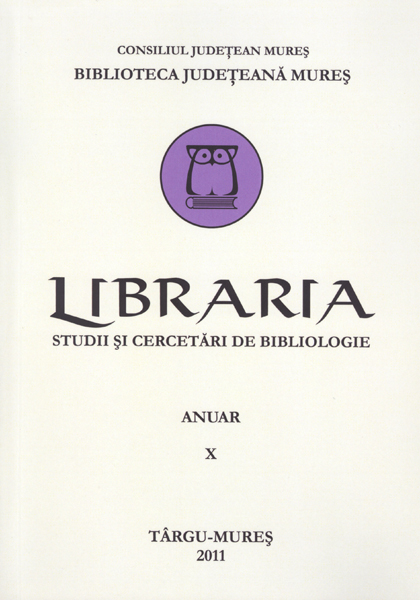
Keywords: persons with disabilities, deficiency; integration; special collections; disadvantages;
The library belongs to the community, so it has to be a democratic institution, offering equal access to its services to everyone. As a public institution, the library needs to take part in the social integration of the persons with disabilities. Public libraries must ensure equal access to information and the documents necessary to information, permanent education and the development of the users’ personality, irrespective of their social or economic status, age, sex, political belief, religion or nationality. The libraries have the important task of creating an informational library environment, based on equal rights, to respond to the necessities and the access conditions of the persons with different types of disabilities.
More...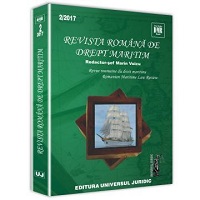
Keywords: port reform; reform; port administration;
O confuzie şi incertitudini pot naşte termenul de „reformă portuară” şi diferitele sale manifestări. Ea poate privi o simplă reorganizare a autorităţii portuare până la cesiunea terenurilor portuare sau privatizarea acestora. Noi am înţeles termenul de reformă portuară ca „un proces de schimbări şi transformări, cu introducerea caracteristicilor din sectorul privat în administrarea portului, în scopul ameliorării eficacităţii şi performanţei portuare”.
More...